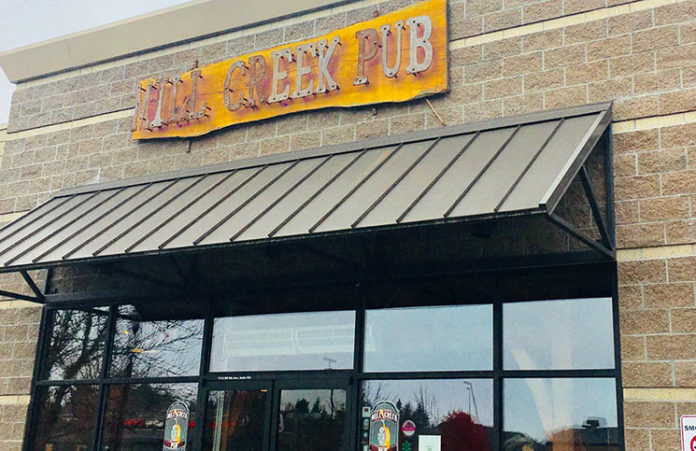
Washington is nearing the end of week one of Gov. Jay Inslee’s Safe Start plan, a four-phase approach to reopening Washington’s economy that was announced on Monday.
The state is currently in Phase 1, which includes drive-in spiritual services with one household per vehicle, auto/RV/boat/ORV sales, retail open for curb-side pick-up orders, car washes, landscaping and pet walking.
Businesses may only re-open when they are able to fully comply with the industry-specific requirements that will be issued no later than May 15, 2020, according to a release from the governor’s office. Under the governor’s plan, smaller counties can apply for a variance, which would allow them to open more businesses than allowed statewide. Safe Start allows for modifications of business closures and physical distancing measures while minimizing the health impacts of COVID-19, according to the governor’s office. Each phase will be at least three weeks — data and metrics will determine when the state can move from one phase to another. Phase 2 will not begin before June 1.
Local jurisdictions are having varied responses to the plan. In a special meeting on Thursday evening, the Battle Ground City Council approved a letter from Battle Ground Mayor Adrian Cortes to Inslee.
It reads, in part: “We are in the middle of a global pandemic that has not only claimed lives but also created financial ruin. We appreciate your efforts and leadership in dealing with the pandemic, but I fear that the efforts are not sufficient to deal with the fallout. Our local economy is suffering. Businesses are closing for good, and those that are attempting to remain open are faced with escalating debt and no clear idea when things will return to ‘normal.’”
It goes on to say: “We ask that you consider allowing local jurisdictions more flexibility in coordinating with local public health officials and regional partners to open our local economies and manage public health more effectively. We believe this can be done at the city and county levels with emphasis given to the unique issues facing those communities.”
“While we respect and recognize the authority of the Governor to issue state wide mandates, we also ask that you respect and recognize the local jurisdiction’s ability to make these important decisions based upon the individual needs of the community. As a fellow elected official, I am also responsible to the residents of Battle Ground, and it is my sincere desire to address their needs and concerns while following local guidance.”
The letter in full can be read on the city of Battle Ground website. When the Vancouver Business Journal asked Community Development Director Sam Crummett what the city’s priorities would be if the governor granted the city of Battle Ground the ability to expedite the opening of businesses tomorrow, he responded, “The Council’s letter was the first step in getting the Governor’s attention to the devastating impact the COVID-19 pandemic is having on our local businesses.”
In an email, the VBJ also asked how Crummett would go about getting businesses back online while maintaining safety according to public health officials and how it would look different from the statewide mandates of Stay Home, Stay Healthy, and Safe Start.
Crummett responded, “We have no plans, priorities or expertise to make decisions that would counter the Stay Home, Stay Healthy order.”
Safe Start advisory groups
This week, the governor also announced members of Safe Start advisory groups that will focus on health systems, public health, social supports and economic readiness. The three community leader advisory groups will be led by state cabinet officials:
- Public Health and Health Care System led by Department of Health Secretary John Wiesman.
- Safe Work and Economic Recovery led by Department of Commerce Director Lisa Brown.
- Social Supports led by Department of Social and Health Services Sec. Cheryl Strange.
The creation of the advisory groups are part of the governor’s recovery plan that he first announced last month. The groups will work in tandem with ongoing conversations with local and other state governments, stakeholders and community partners.






